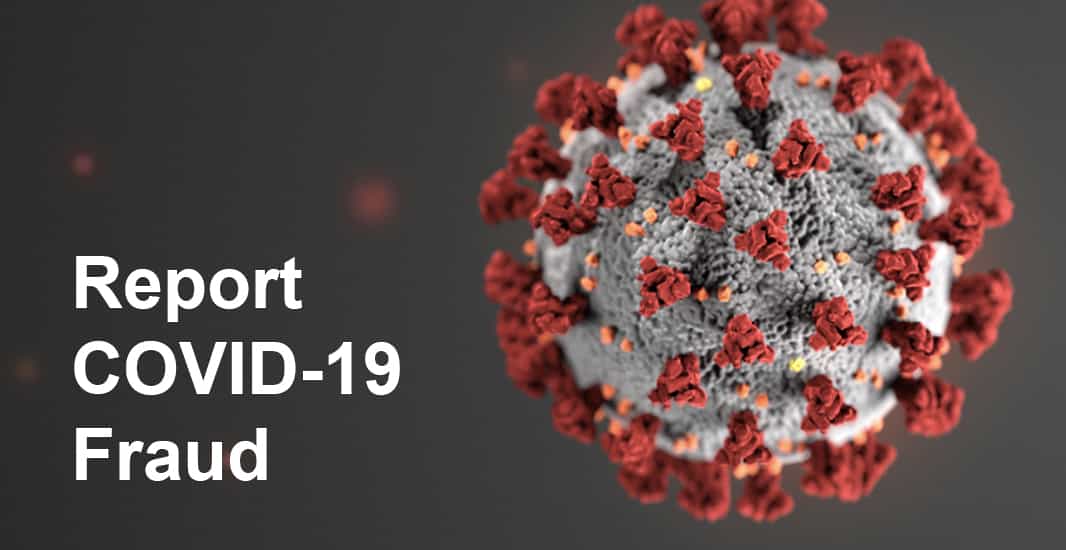Avoid COVID-19 Scams

We have received notifications from our federal partners that there are scams you should be aware regarding to Coronavirus. Some of these types of scams include:
- Individuals and businesses selling fake cures for COVID-19 online and engaging in other forms of fraud
- Phishing emails from entities posing as the World Health Organization or the Centers for Disease Control and Prevention,
- Malicious websites and apps that appear to share virus-related information to gain and lock access to your devices until payment is received,
- Seeking donations fraudulently for illegitimate or non-existent charitable organizations, and more.
Additionally, you may come across these scams through text messages, phone calls, email messages, etc. Here are somethings to consider when overwhelmed with Coronavirus info found online.
Before you act, stop. Ask yourself:
- Who is the message from?
- What do they want me to do?
- What evidence supports this message?
It is for this reason that we are issuing this alert to provide you with resources to help keep you and your families safe. Unfortunately, scams do often appear during times of emergency, disaster, and uncertainty. For us to keep people safe, we really do need to rely on you to help carry our message to those who need to hear it. Please, take a moment this evening to read over all of these resources and share them with your loved ones. These tools will help all of us stay alert and resilient, even during this pandemic challenge.
Thank you for your time and commitment to help keep your fellow Marylanders safe. We have to continue to be each others’ heroes by staying home, continuing to physically distance ourselves, and always washing our hands. We keep saying it, but it truly is a community effort.
U.S. Department of Justice
https://www.justice.gov/coronavirus
Federal Trade Commission (FTC)
https://www.consumer.ftc.gov/blog/2020/03/thinking-critically-about-coronavirus-news-and-information
